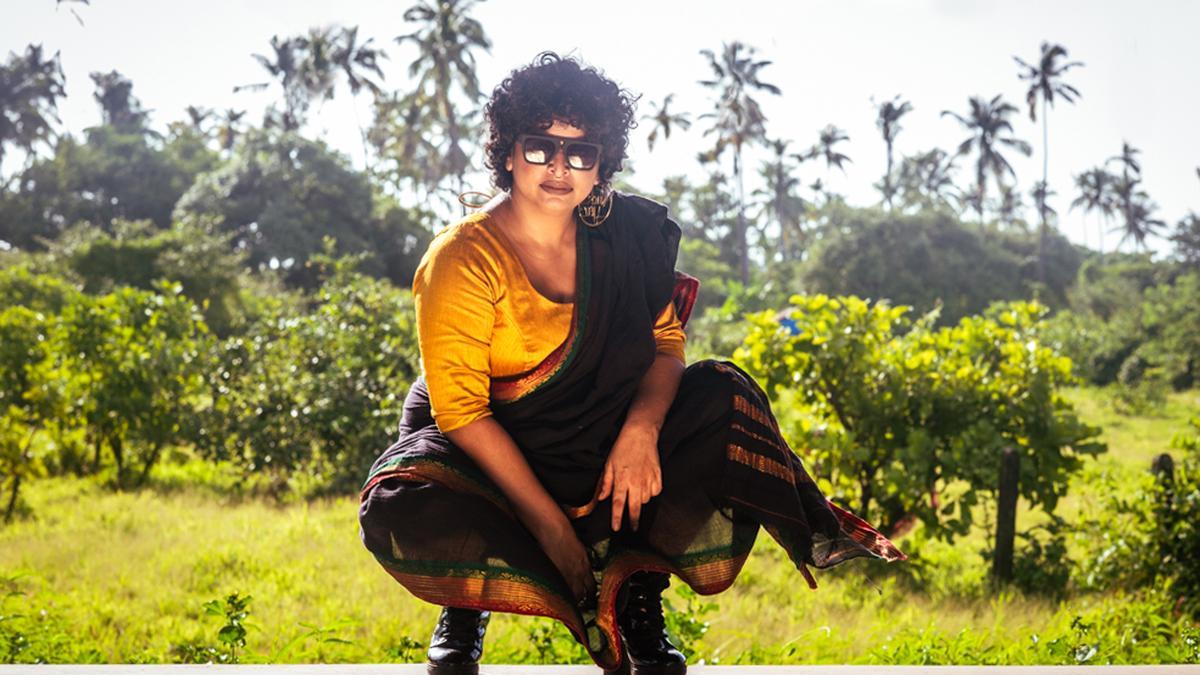
In an unfolding legal drama that hits a high note in the world of Indian music rights, the renowned recording label, Echo Recording Company Private Limited, has set the stage for a courtroom showdown by appealing against a previous court decision favoring famous music composer R. Ilaiyaraaja. The said decision by a single judge in 2019 acknowledged Ilaiyaraaja’s “special moral right” to more than 4,500 songs that he composed over four prolific decades, contributing to over 1,000 films in the Tamil cinema industry.
The appeal is expected to be heard on March 25, 2024, by Justices R. Subramanian and R. Sakthivel on the premises of the Madras High Court. The focus of the contention lies with the interpretation and application of Section 57 of the Copyright Act, as per Justice Anita Sumanth’s order dated June 4, 2019.
Ilaiyaraaja, an iconic figure in the Indian music sphere, had initiated legal proceedings in 2014 against several music labels, including the Malaysia-based Agi Music, Echo Recording, Unisys Info Solution situated in Andhra Pradesh, and Mumbai’s Giri Trading Company. The composer’s contention was to prevent these entities from commercially exploiting his compositions without his explicit consent.
In the 2019 ruling, Justice Sumanth emphasized the composer’s right to preserve his moral interest in his works under the Copyright Act of 1957. The Act bestows upon the composer the authority not only to assert a claim over the compositions even after assigning them in full or part but also enables him to guard against any deformation or other derogatory treatments that could tarnish his honor or reputation.
The court’s decree clarified Ilaiyaraaja’s autonomy to initiate legal proceedings for damages or other monetary compensations against the companies if they engaged in any form of distortion or mutilation of his musical works. Furthermore, it permitted the composer to exercise his rights at his discretion and at any moment he deems appropriate.
However, the judgment wasn’t solely favorable to the acclaimed composer. It noted that Echo Recording had obtained certain rights from various film producers, who were the original copyright holders of the sound recordings for which Ilaiyaraaja had crafted the songs. The recording company was entitled to exploit these recordings, but strictly in the original format as presented within the cinematograph films.
The core of the legal challenge appears to center around Ilaiyaraaja’s “special moral right,” as referenced in the 2019 verdict. The right, as observed by Justice Sumanth, empowers him to utilize his musical works in any manner he chooses, barring the usage in the form of connected sound recordings that are integrated into cinematic films where the film producers possess the copyrights.
Both the appeal and its implications bring to light the often-complicated relationship between composers and recording labels in the digital era. The case serves as a landmark, as it might shape the way moral rights and copyright privileges are interpreted and enforced in India moving forward.
With the forthcoming hearing, stakeholders and observers within the Tamil cinema and broader music industry await with bated breath, anticipating a judgment that could have lasting reverberations through the realms of copyright law, creative liberty, and commerce in the music industry. The appeal brings into sharp focus the balance of power between artists and the corporations that distribute their work, which could potentially alter the dynamics of the music business in India and set a precedent for rights and royalties disputes worldwide.










